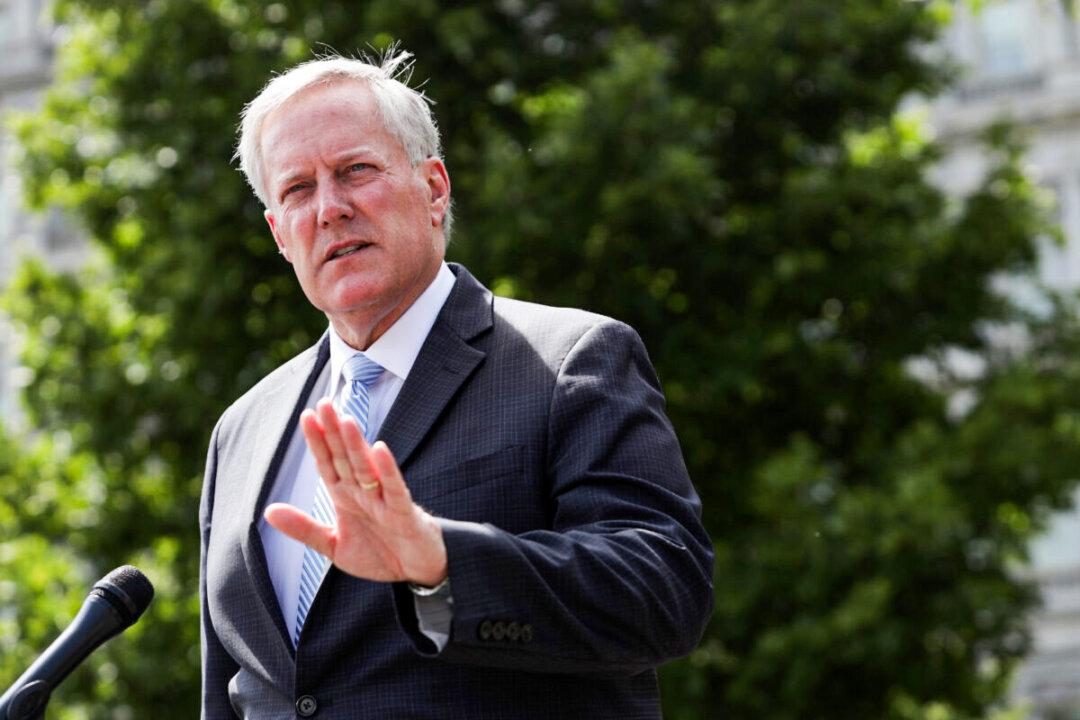Former White House chief of staff Mark Meadows must testify to a grand jury in Georgia that’s investigating possible election-related misconduct, South Carolina’s top court ruled on Nov. 29.
“We have reviewed the arguments raised by Appellant and find them to be manifestly without merit,” South Carolina’s Supreme Court said in a brief ruling.





